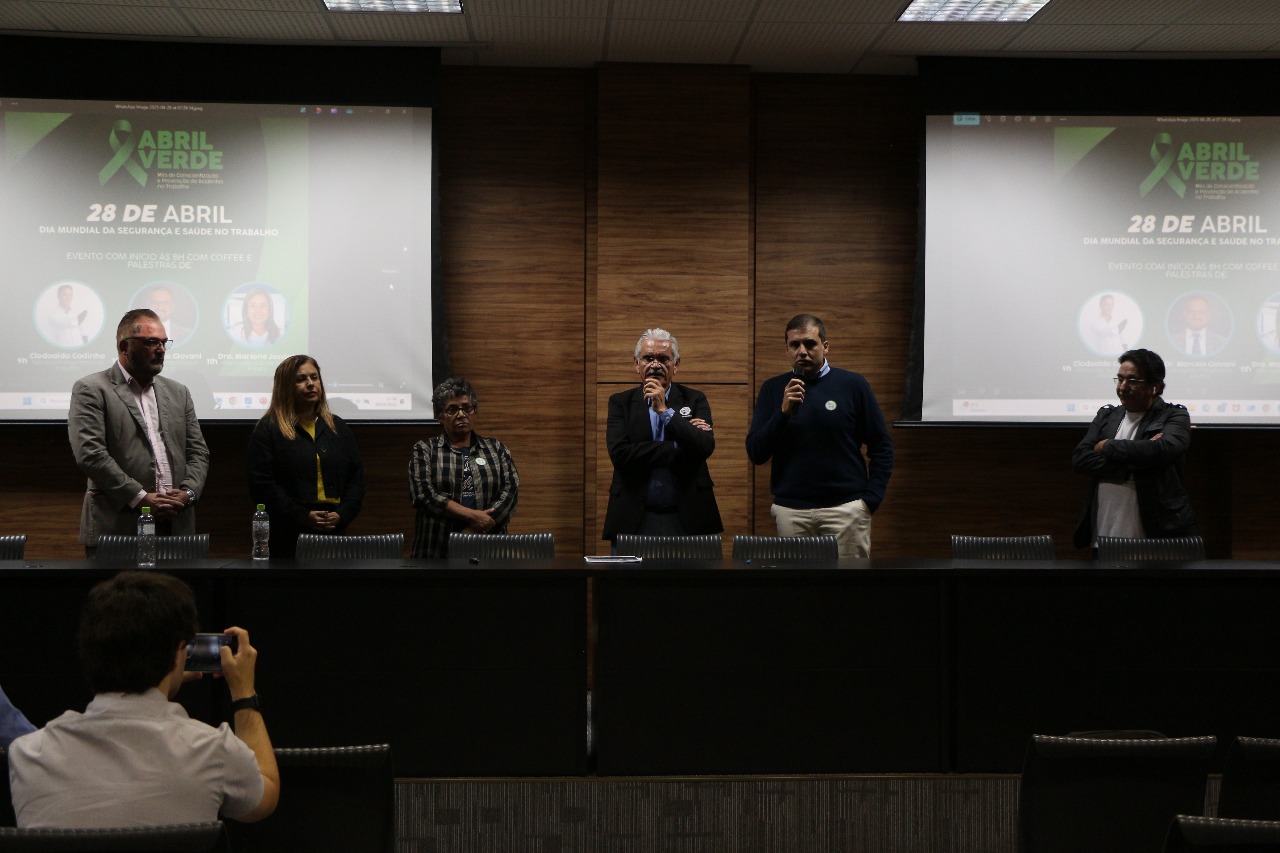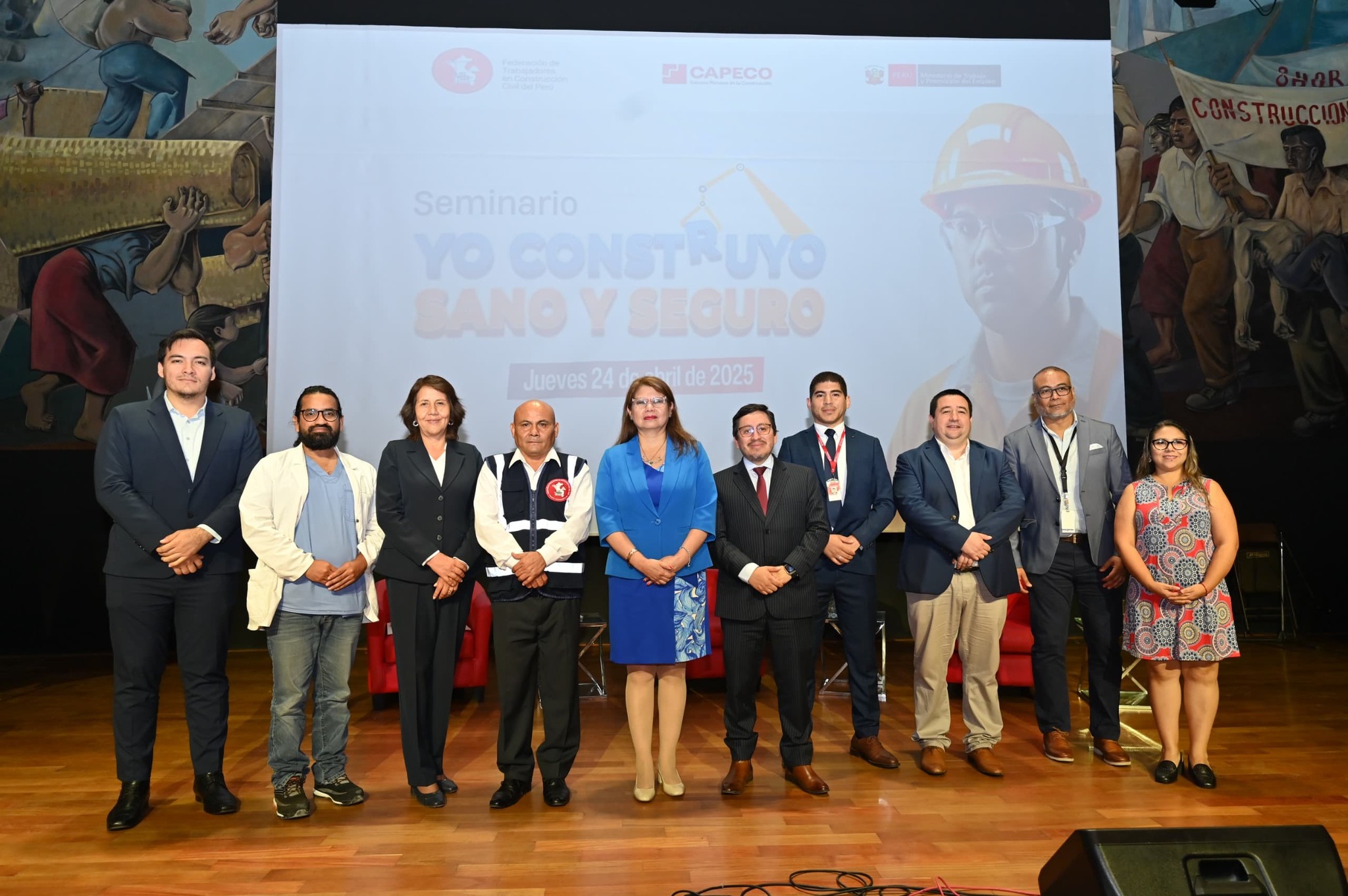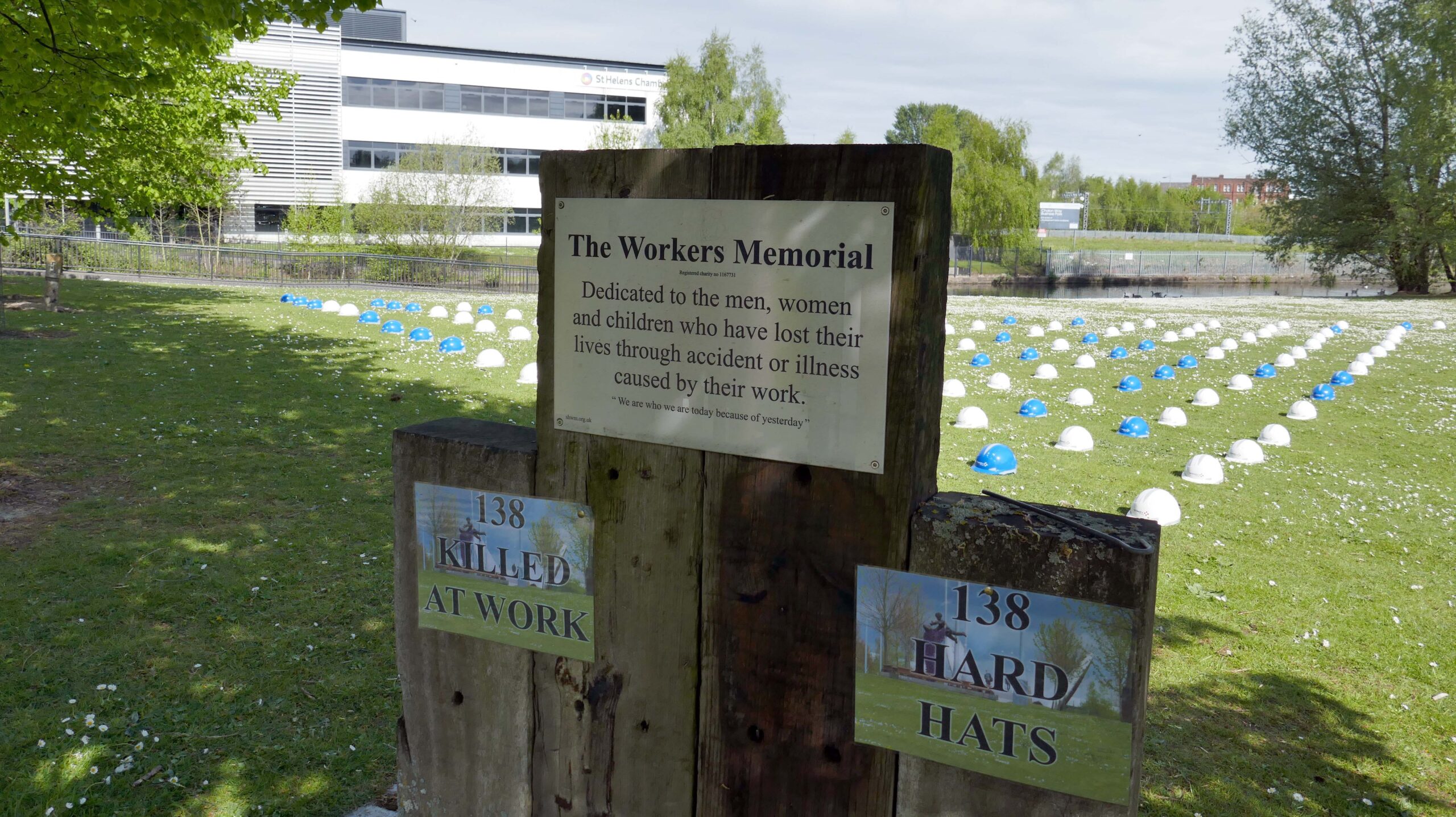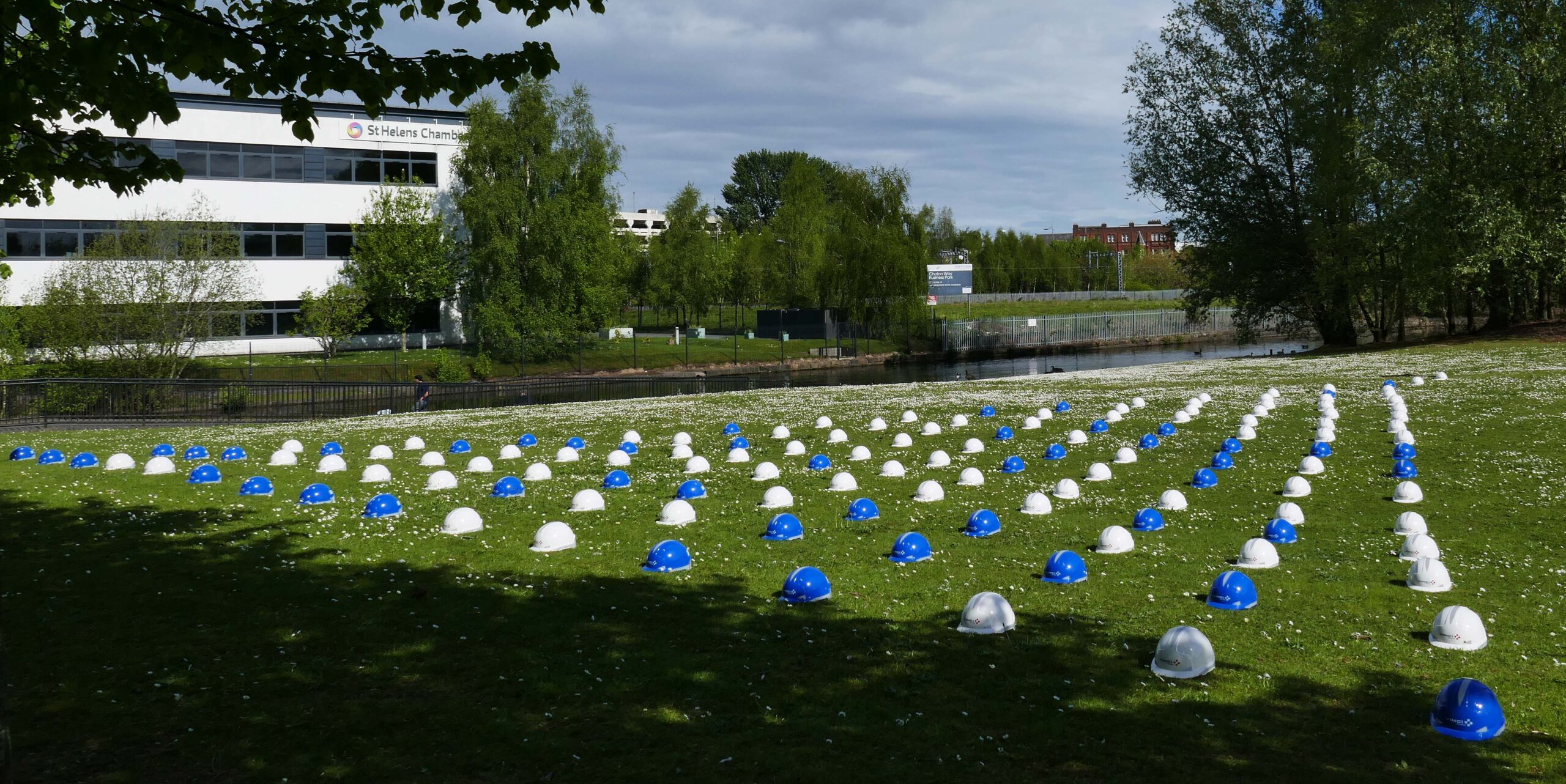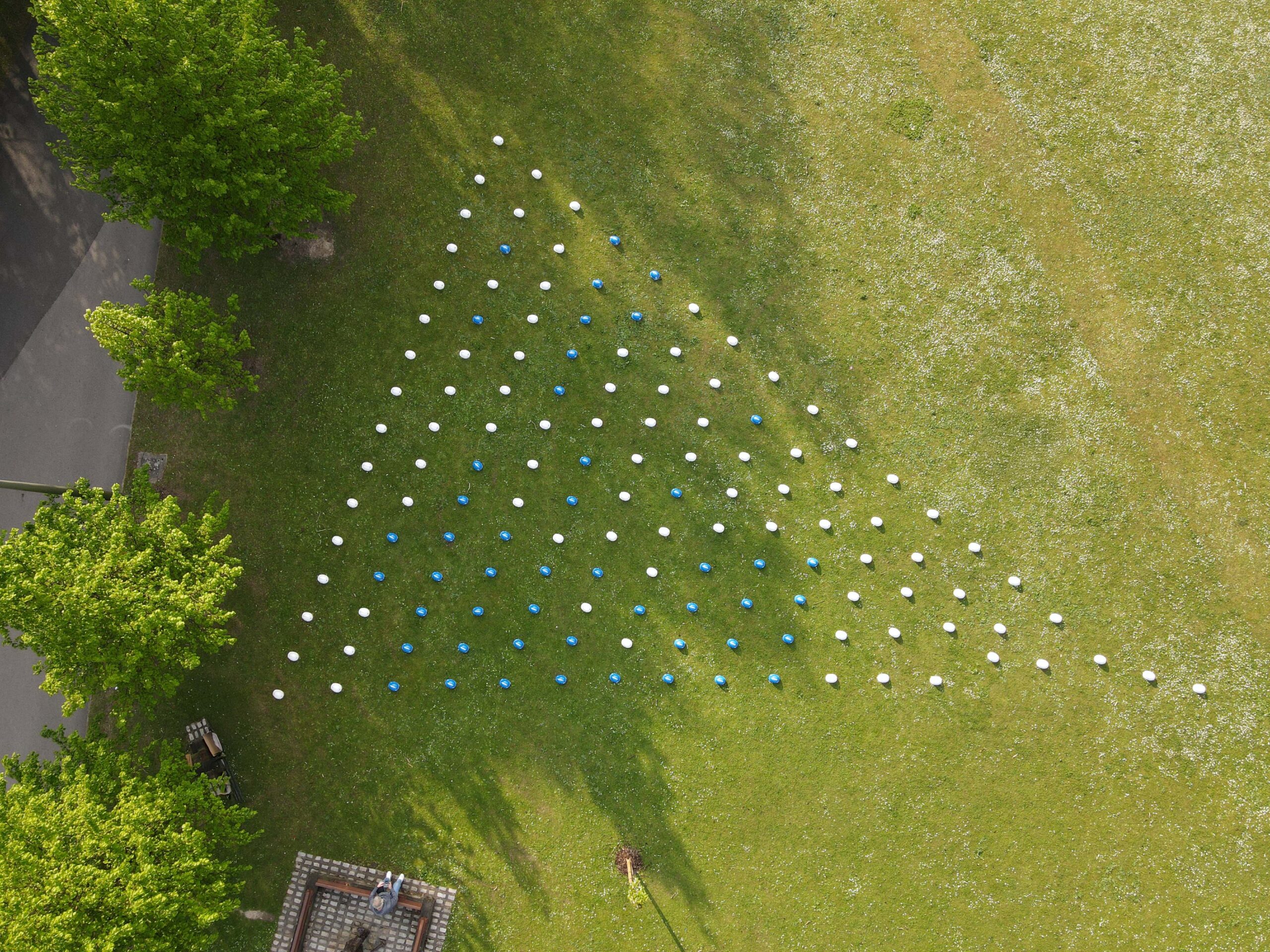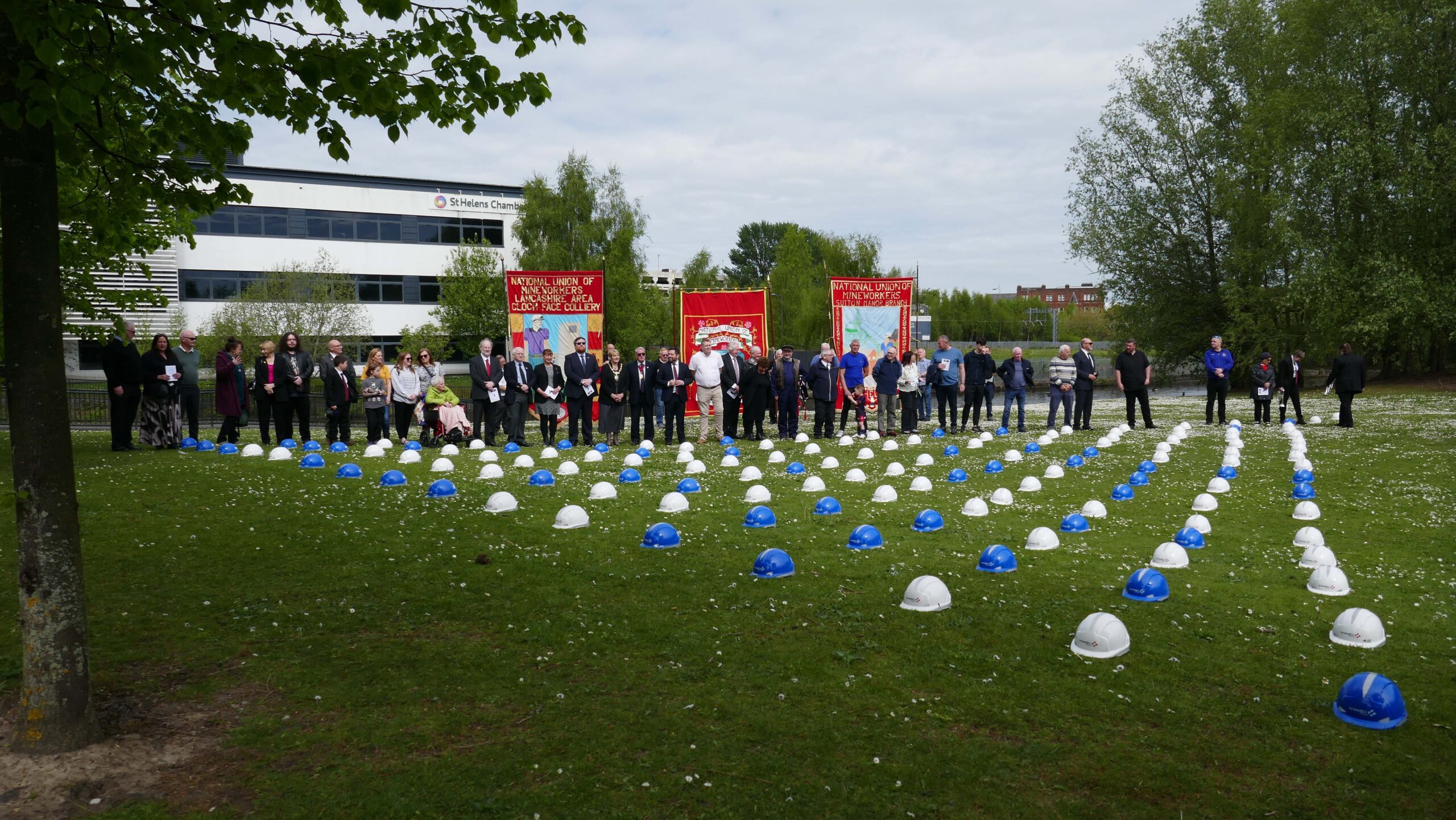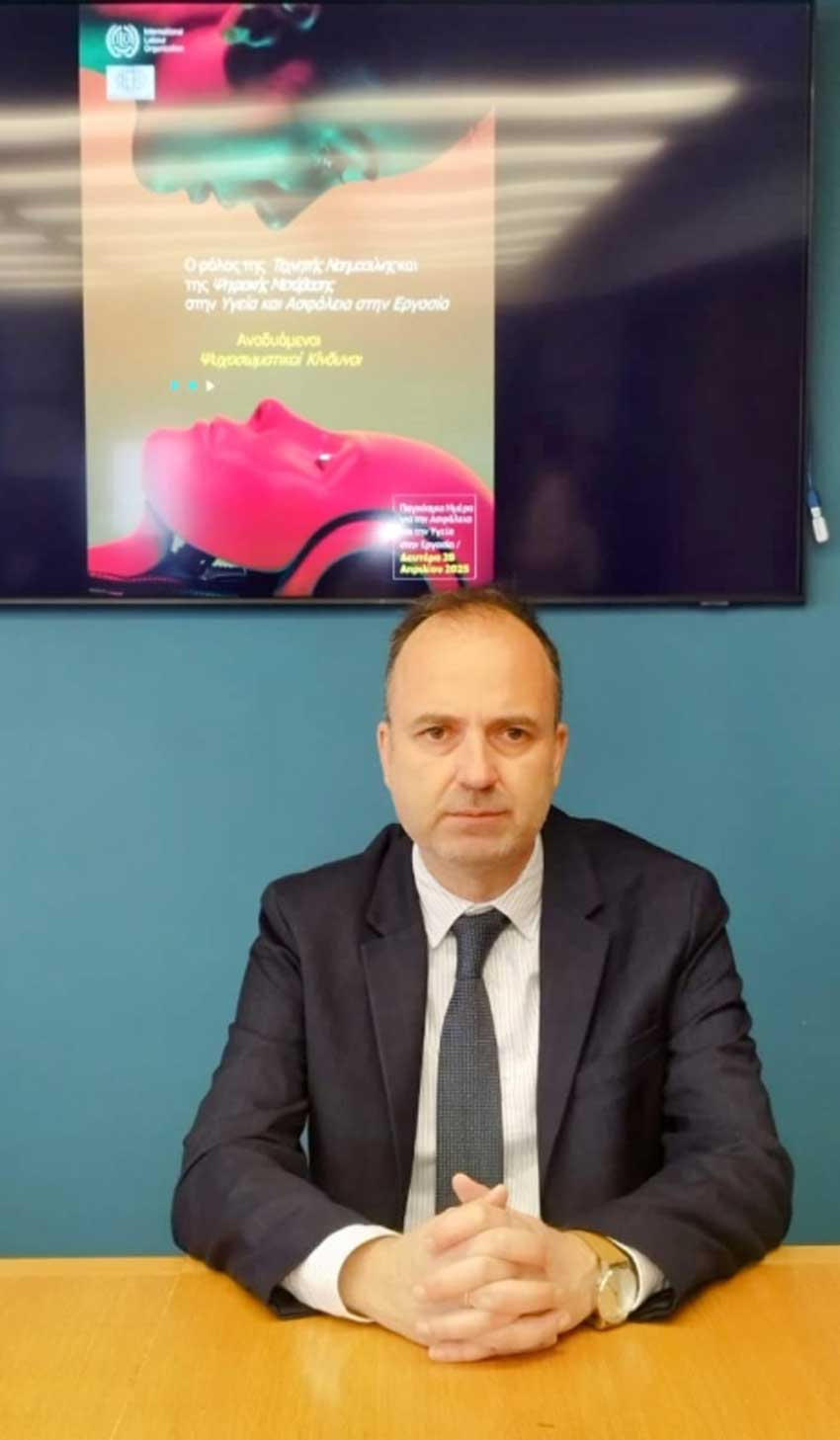El 28 de abril de 2025, la Fetraconspar – Fed Dos Trab Nas Ind Da Const E Do Mob Do Est Do Pr, en colaboración con SINDUSCON-PR, SECONCI-PR, SINTRACON CURITIBA, el Ministerio Público del Trabajo (MPT), Fundacentro y SINTESPAR, organizó un evento conmemorativo por el Día Mundial de la Seguridad y Salud en el Trabajo, en el marco del movimiento Abril Verde, que promueve la concienciación y prevención de accidentes y enfermedades laborales. La actividad se llevó a cabo a las 8:00 h en el auditorio de la entidad.
On April 28, 2025, Fetraconspar – Fed Dos Trab Nas Ind Da Const E Do Mob Do Est Do Pr in collaboration with SINDUSCON-PR, SECONCI-PR, SINTRACON CURITIBA, the Ministry of Public Labor (MPT), Fundacentro and SINTESPAR, organized a commemorative event for the World Day of Safety and Health at Work, within the framework of the April Green movement, which promotes awareness and prevention of occupational accidents and diseases. The activity was held at 8:00 am in the auditorium of the entity.
